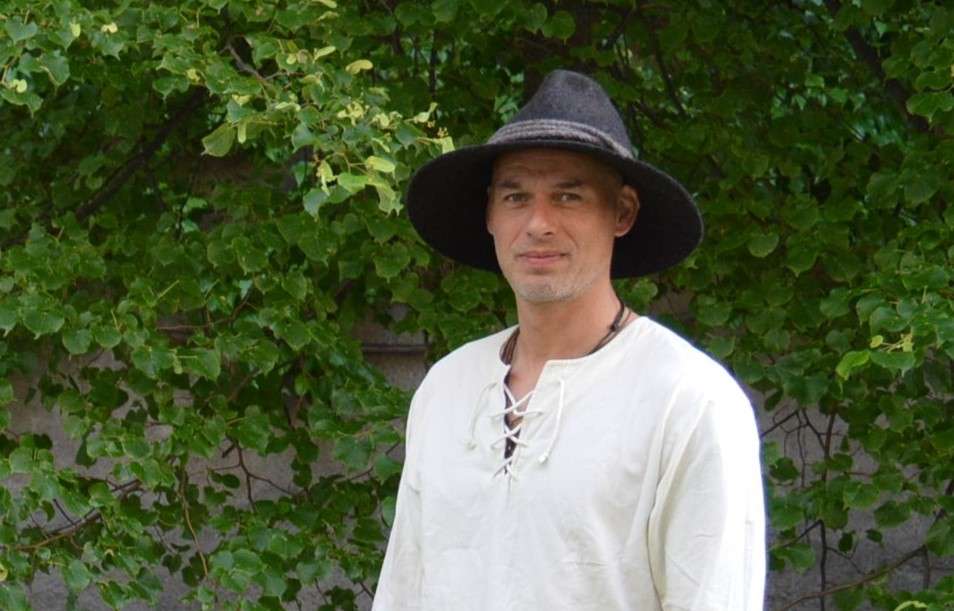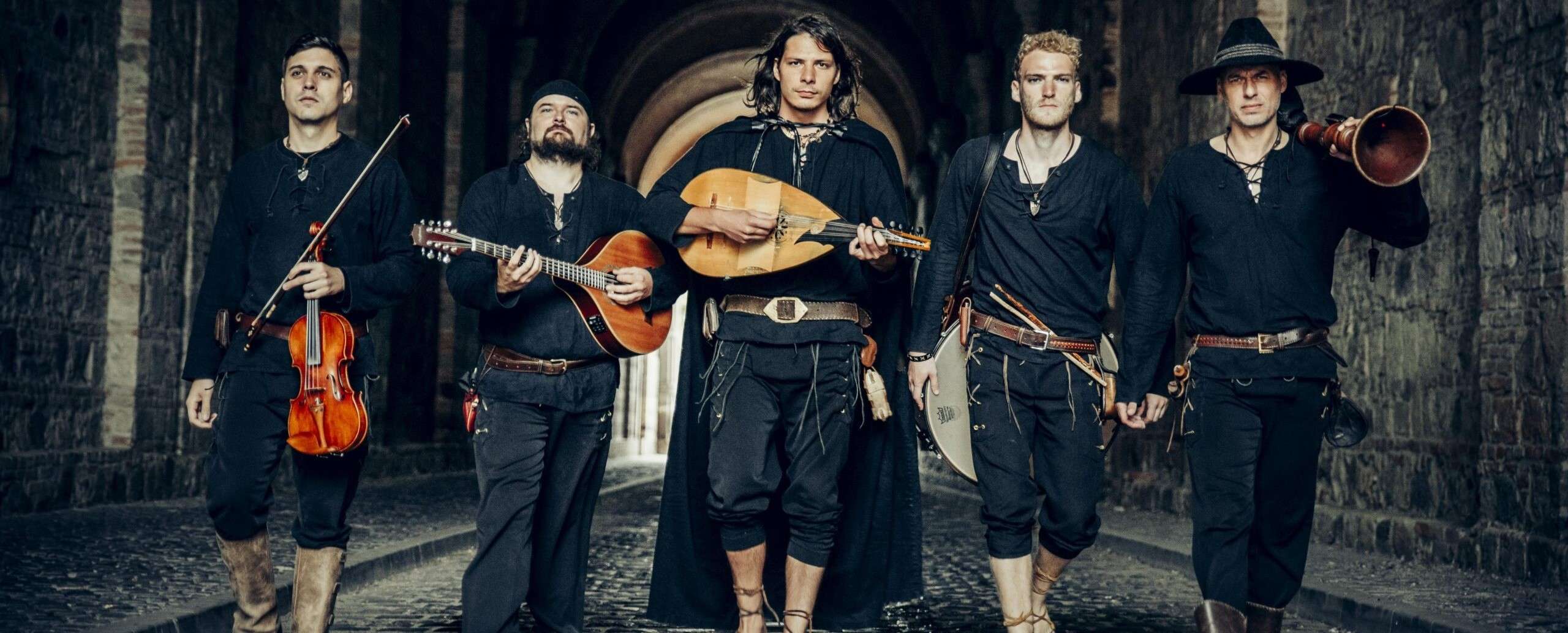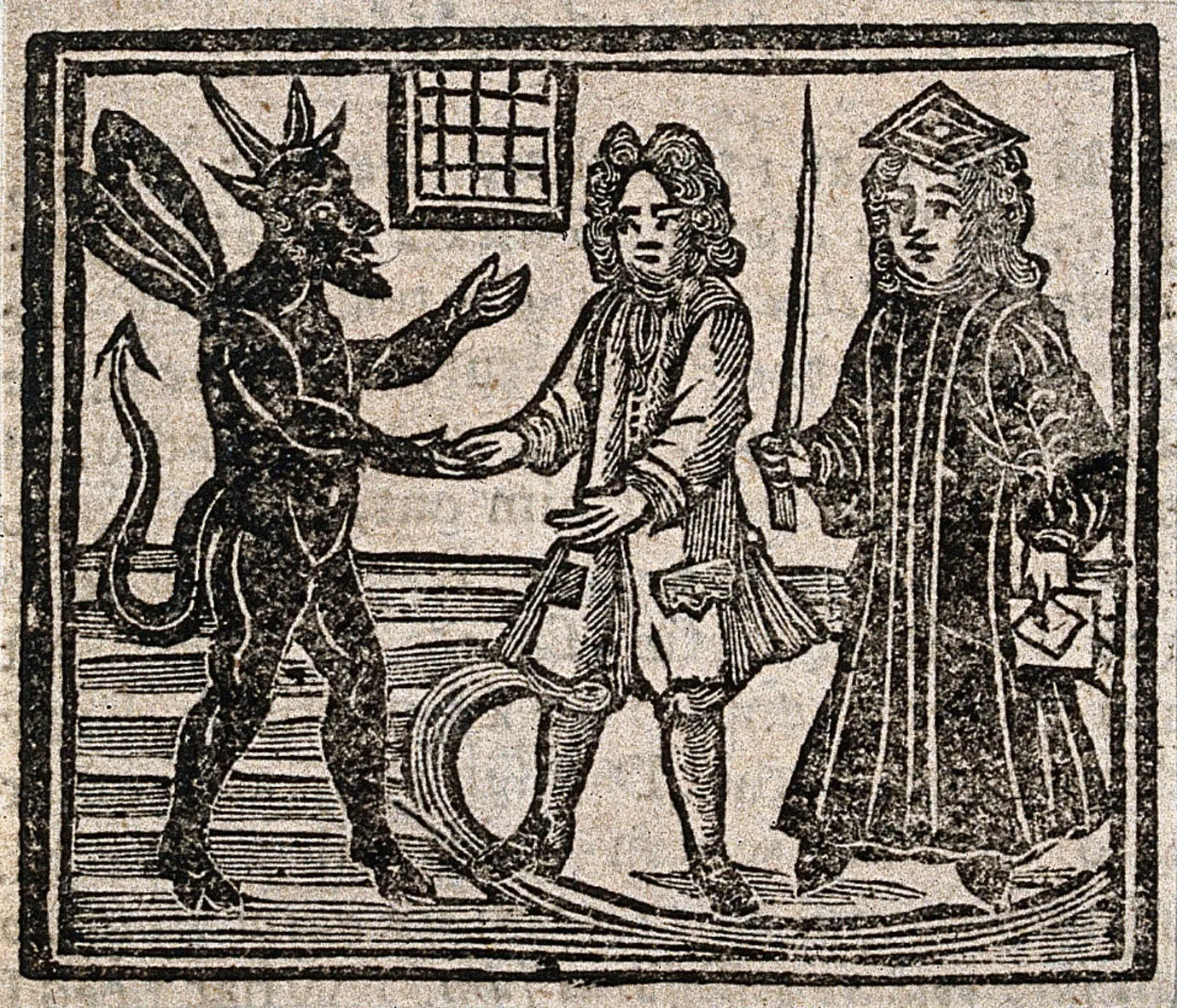Cover photo: bordosarkany.hu
Norway, Estonia, France – you have been to many European countries before. How come you went to Canada this time?
Last summer, one of the main organisers of the Canadian Hungarian Heritage Month attended one of our concerts. He invited us to Canada for this month-long cultural event, which gives an opportunity for Hungarians to connect with their cultural heritage. Artists are invited not only locally but from Hungary as well, that is how we got the opportunity to go on a tour in Canada. There were seven concerts altogether in the southeastern part of the country, in cities like Ottawa, Montreal, and Toronto.
Did your style of medieval world music fit there?
People generally like our music, and this happened there as well. The Hungarians in Canada welcomed us warmly. They rarely have the opportunity to meet Hungarian authors, poets, or performers; therefore, it is always a special occasion for them to attend events where they can connect with Hungarian culture. For us, it was a great honour that at most of the places we received standing ovation. Answering your question, as I heard from the feedback, they liked our medieval music; they were singing and dancing with us, and that created a joyful atmosphere.
Are they rather Hungarian Canadians or Canadian Hungarians? What was your impression, how important is Hungarian heritage for them?
I cannot tell to what extent they are Canadians. But I clearly see how Hungarian they are. Very much! Especially the first generations: they look for and participate at Hungarian events, and they keep contact with their relatives in Hungary. Most of their friends are also Hungarians, so they actively use the language. What is more, I did not even hear a foreign accent in their speech, which could have been easily noticed.
The children of the immigrants (the second generation) are still Hungarians. Meanwhile, the third generation, I think, is more Canadian. They speak the language with difficulty, and mostly use English among their family members and friends. I feel that our events also aimed at helping them to find their Hungarian identity again. Toronto is one of the most multicultural cities in the world. Just like in the case of other nations, assimilation is a natural phenomenon among Hungarians. Maybe only those nations are exceptional, where religion is more strongly a part of their everyday lives.
What do you think, why is it important for Hungarians in Canada to connect with the culture?
Everyone loves attending concerts. Live performances provide a more direct, live, tangible experience. For these people, it is like flying home, except that their homeland flew to them now. We created a “Little Hungary” for them in those few hours, which we all could experience during the concerts and the discussions after them. We taught moldvai csángó (Csángós are a Hungarian ethnic group in Western Moldavia – Ed.) folk dances, and even the eldest people joined in! They were enjoying themselves, and as we heard, most of the Hungarian artists tend to be successful among them.

Why was playing for them important to you?
First of all, it was an amazing life experience since Bordó Sárkány has never been overseas before. Furthermore, it also meant a great prestige for us. It is outstanding that a Hungarian band travels so far away from their homeland, and gives concerts to Hungarians living in the diaspora. Our mission, in this case, was to evoke Hungarian culture within our audience to strengthen their Hungarian identity. We feel that we have succeeded. As much as we have strengthened their sense of identity, they have encouraged us. It was an interesting and wonderful interaction between the audience and the band.
Are there any differences between Hungarian and foreign audiences?
It is difficult to answer. In Hungary, we basically play for our audience, who knows us and always creates a fantastic atmosphere. Abroad, we mostly play at historical festivals, without a stage, and the audience does not know us so well. However, in most cases, they are more carefree and express their enthusiasm more openly than the Hungarian audience. Here, people are often afraid even to applaud if others are not doing so; everyone would know who is clapping and others would look at them. There is no such a thing in Western Europe. For example, Mediterranean nations are almost going crazy at concerts. The French also express their cheer visibly.
You sing in Hungarian to foreign audiences as well. Why is it important to you? What do you want to express with it?
The Hungarian language sounds interesting. We would like people to know this world, to be familiar with its uniqueness. Of course, we have a Hungarian attitude as well: we are Hungarians, we should represent Hungarian culture. Moreover, we were curious whether the sound of our language makes a song enjoyable for foreigners, despite the fact that they might not understand the meaning of it. We have experienced that people like Hungarian songs just as much as the others.
You translate your own songs to English. Is it possible that you will sing them as well?
It is possible. We are going to a renaissance festival in the USA next year. We would like to perform our songs in English there. It would be nice to be more part of pop culture.
Regarding your concerts abroad, what are your plans for next year?
We are preparing for Estonia, Norway, and Germany. Of course, we will also perform in Hungarian-speaking towns and cities of our neighbouring countries.
Where can the university students in Budapest meet you?
We are going to have a year-closing concert with the Török Tilla Folk Experience in the Fonó Budai Zeneház on 28th December.





